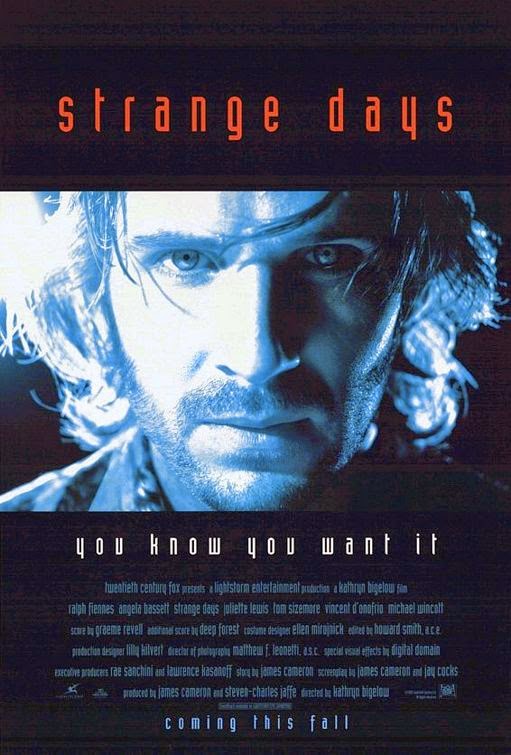Year of Release: 1995
Director: Terry Gilliam
Stars: Bruce Willis, Madeleine Stowe, Brad Pitt, Christopher Plummer, David Morse, Matt Ross, Christopher Meloni, LisaGay Hamilton, Frank Gorshin, Bill Raymond, Simon Jones, Jon Seda
Genre: Mystery, Science Fiction
Genre: Mystery, Science Fiction
Score out of ten (whole numbers only): 7
Synopsis:
After the critical and commercial success of "The Fisher King", director Terry Gilliam returned with another film, the science fiction success "12 Monkeys". The film is loosely inspired by the short feature "La Jetée", from Chris Marker. The story focuses on James Cole, a prisoner living in a facility underneath Philadelphia in the year 2027. Cole is sent back in time to gather information on the virus that was released in 1996, and almost destroyed all of humanity. However Cole finds himself in 1990, confined in a mental institution where he meets Jeffrey Goines, another patient and animal rights advocate. In that institution he also meets Dr. Kathryn Railly, who takes a particular interest in his case, and who helps him untangle this conspiracy. As Cole gets sent back to the future and back to different time frames, the origin of the virus becomes apparent, and it's up to him and Kathryn to somehow prevent this catastrophe from occurring.
After the critical and commercial success of "The Fisher King", director Terry Gilliam returned with another film, the science fiction success "12 Monkeys". The film is loosely inspired by the short feature "La Jetée", from Chris Marker. The story focuses on James Cole, a prisoner living in a facility underneath Philadelphia in the year 2027. Cole is sent back in time to gather information on the virus that was released in 1996, and almost destroyed all of humanity. However Cole finds himself in 1990, confined in a mental institution where he meets Jeffrey Goines, another patient and animal rights advocate. In that institution he also meets Dr. Kathryn Railly, who takes a particular interest in his case, and who helps him untangle this conspiracy. As Cole gets sent back to the future and back to different time frames, the origin of the virus becomes apparent, and it's up to him and Kathryn to somehow prevent this catastrophe from occurring.
Terry Gilliam has made a name of himself as a creator of universes that are touched by a unique sense of humor and of fantastic. His most iconic film, "Brazil", is summarily, a nightmarish vision of a society tangled in bureaucracy, where the existence of dreams and of self, is completely destroyed. A lot of the characters that inhabit his stories are simultaneously dreamers, idealists, but also heroes whose souls have been crushed by the rumblings and mechanics of a state, government or a grotesque society. "Twelve Monkeys" is one of his most interesting films, existing within his universe, mostly due to the central affliction of its main hero, James Cole, who the audience is ambiguously made aware is from the future (or may be imagining everything). The aesthetic of the film is very much on par with what has become the trademark of the director: a mix of baroque with camera angles that push the characters (and viewers) into the core of the events. The cast of the film is equally interesting, with Bruce Willis and Brad Pitt creating convincing and memorable characters. The cinematography from the excellent Roger Pratt (also responsible for Tim Burton's "Batman" and Terry Gilliam's "Brazil") is fantastic, as is the production design from Jeffrey Beecroft. A good film always worth revisiting.




















